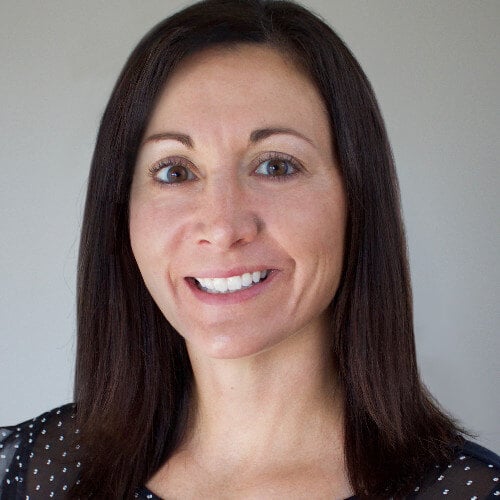In an earlier post, we talked about the prevalence of mental illness and substance abuse among attorneys and the fact that the conditions of solo and small firm practice can exacerbate these tendencies.
Being aware of the problem is one thing, addressing it is another.
So, what can be done?
It would seem obvious that one solution is for lawyers suffering from mental illness or substance abuse to seek medical and psychological treatment. Unfortunately, the same studies noted above show that lawyers are generally less likely to seek treatment than others suffering from similar problems. Factors contributing to this are fear that they will be perceived as weak and thus less capable as attorneys, or the thought that they should be able to handle the situation themselves. After all, that’s what attorneys do, right? We are the ones people come to take care of things; seeking outside assistance goes against the grain.
Further, the skills that make someone a good attorney can actually undermine treatment. Standard addiction recovery “rules” include admonitions against judging, analyzing, justifying, and blaming, all of which are tools attorneys regularly employ in their day to day practices.
To overcome this, lawyers need to help promote an atmosphere of acceptance toward treatment. A community of support that allows and encourages fellow attorneys to seek assistance. And then, we need to steer people toward that help.
First and foremost, lawyers must watch out for one another. It is important to develop connections and networks with fellow attorneys, especially when practicing alone, so that there is someone you can turn to when work or life becomes overwhelming. Participate in bar association activities. Get to know others in your practice field in the area. Make friends with your most worthy opposing counsel. And speak up when you think someone needs help—or when you do.
Also, take full advantage of the help available from other attorneys who have been through the same situations through the network of bar association Lawyers Assistance Programs. Check this guide from the American Bar Association for the program in your community.
